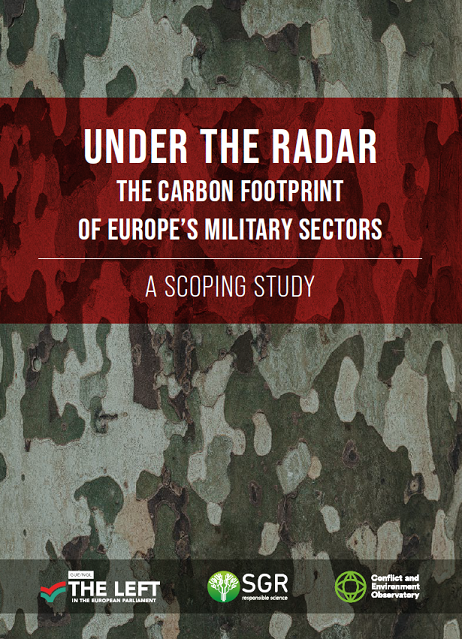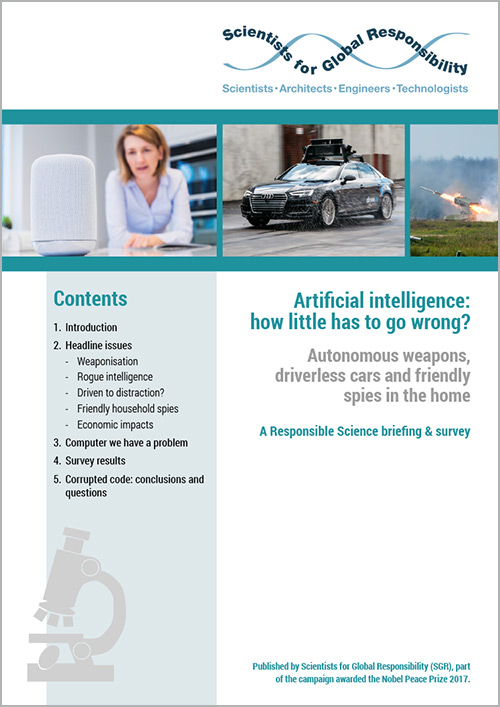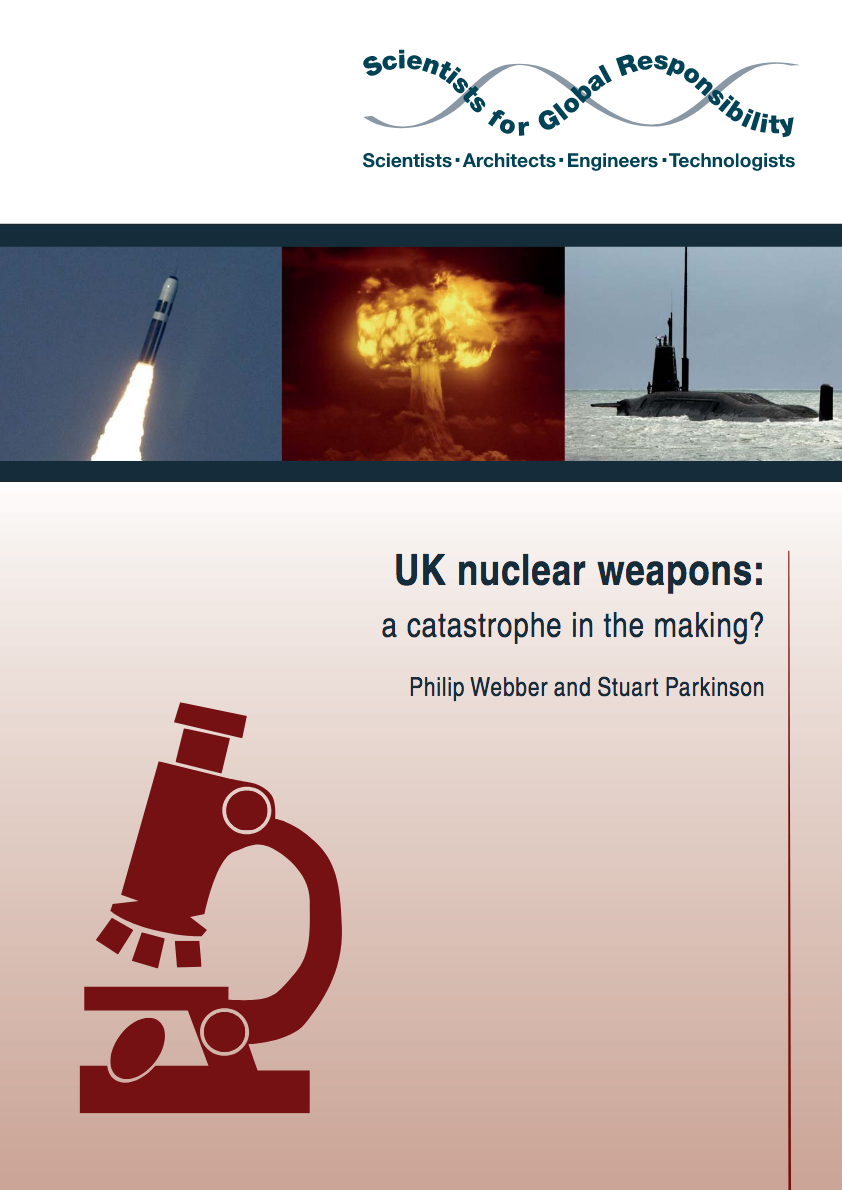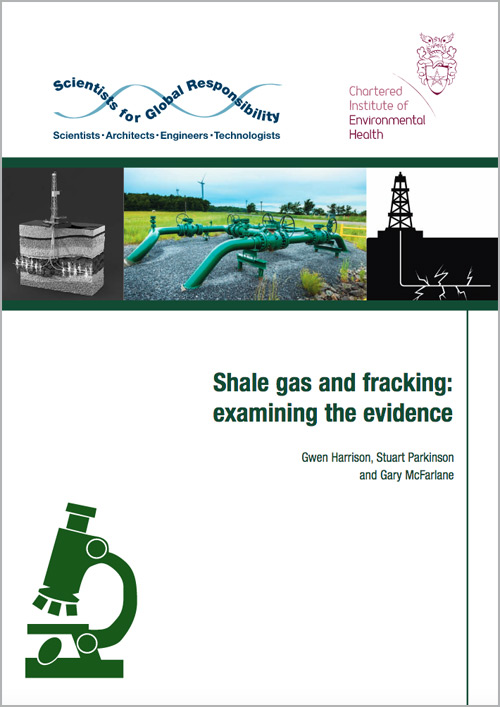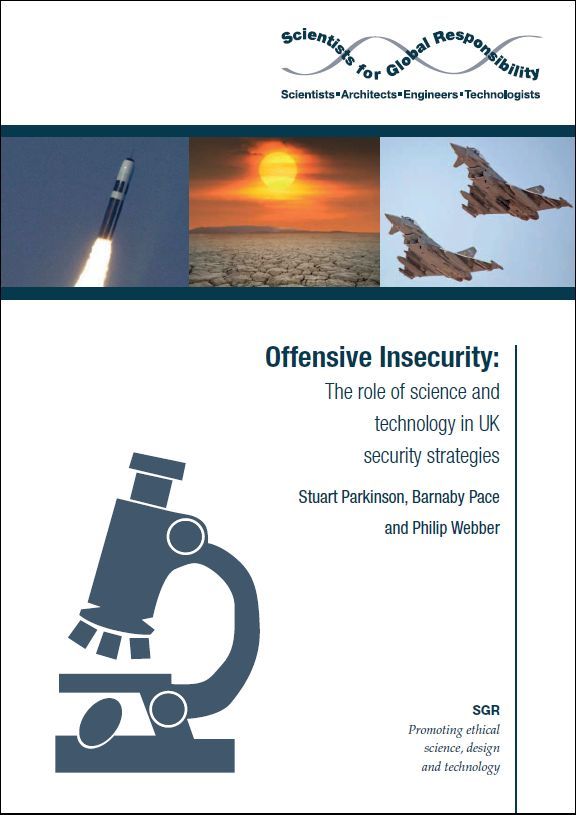Reports and briefings
SGR publishes in-depth reports and shorter briefings, mainly as part of its project work. Pdf copies can be downloaded from this section, while printed copies can be ordered from the SGR office.
SGR members qualify for significant discounts on printed copies.
